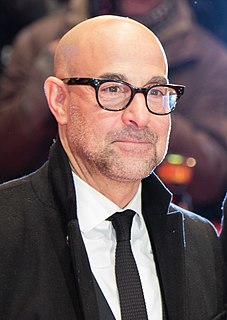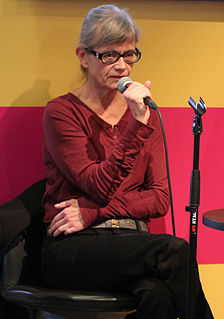A Quote by Salvador Dali
Those who do not want to imitate anything, produce nothing.
Related Quotes
[Hollywood] studios are handing out money to make independent films now, but they all want the same thing. They want the style and the deadpan delivery of RESERVOIR DOGS or FARGO and so they imitate those movies. They want PULP FICTION, but they get it all wrong! They get the detachment, but that's it. And then it's all about style, and in the end what do you learn about the characters? Nothing. You learn you wasted two hours.
Schools teach you to imitate. If you don't imitate what the teacher wants you get a bad grade. Here, in college, it was more sophisticated, of course; you were supposed to imitate the teacher in such a way as to convince the teacher you were not imitating, but taking the essence of the instruction and going ahead with it on your own. That got you A's. Originality on the other hand could get you anything -- from A to F. The whole grading system cautioned against it.
The characteristic of the first sort of religion is imitation. It insists on imitation: imitate Buddha, imitate Christ, imitate Mahavir, but imitate. Imitate somebody. Don`t be yourself, be somebody else. And if you are very stubborn you can force yourself to be somebody else. You will never be somebody else. Deep down you cannot be. You will remain yourself, but you can force so much that you almost start looking like somebody else.
You have to remain strong. That's the kind of filmmaker I want to encourage. Orson Welles was the one who said, you know, you can learn anything you need to know about filmmaking- that's camera, sound, celluloid, video at this point- in four hours. It has nothing to do with anything. It has nothing to do with it... It has to do with what you want to say. If you feel you have something to say, you'll find that way to get it said, on film, and not let anyone or anything chip away at that or tarnish it, because it's something special and precious.
There is nothing so remote from vanity as true genius. It is almost as natural for those who are endowed with the highest powers of the human mind to produce the miracles of art, as for other men to breathe or move. Correggio, who is said to have produced some of his divinest works almost without having seen a picture, probably did not know that he had done anything extraordinary.







































